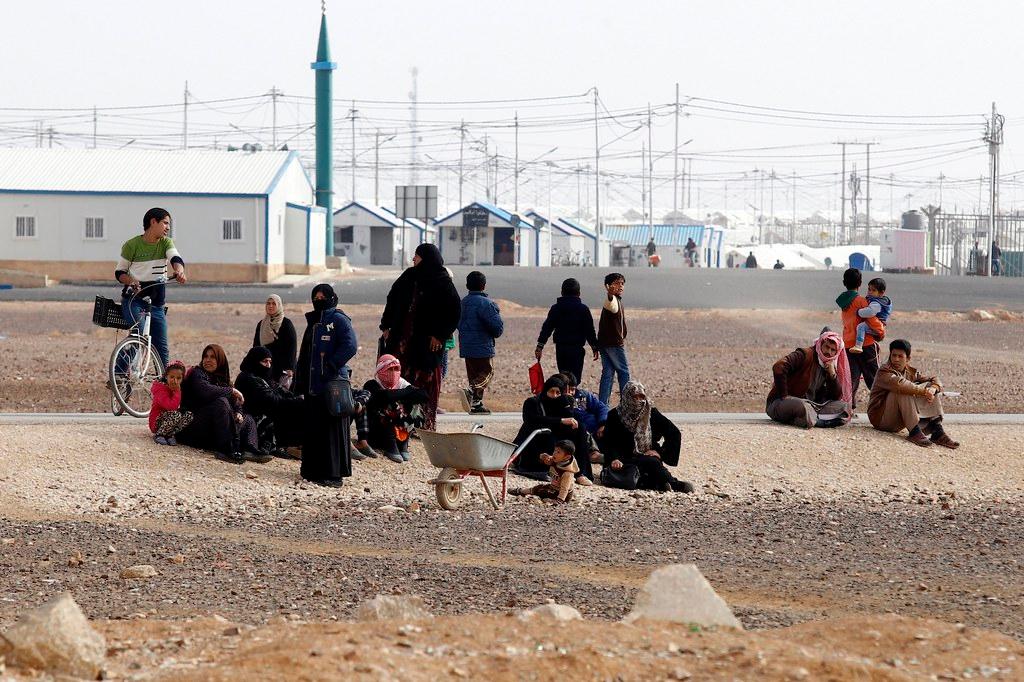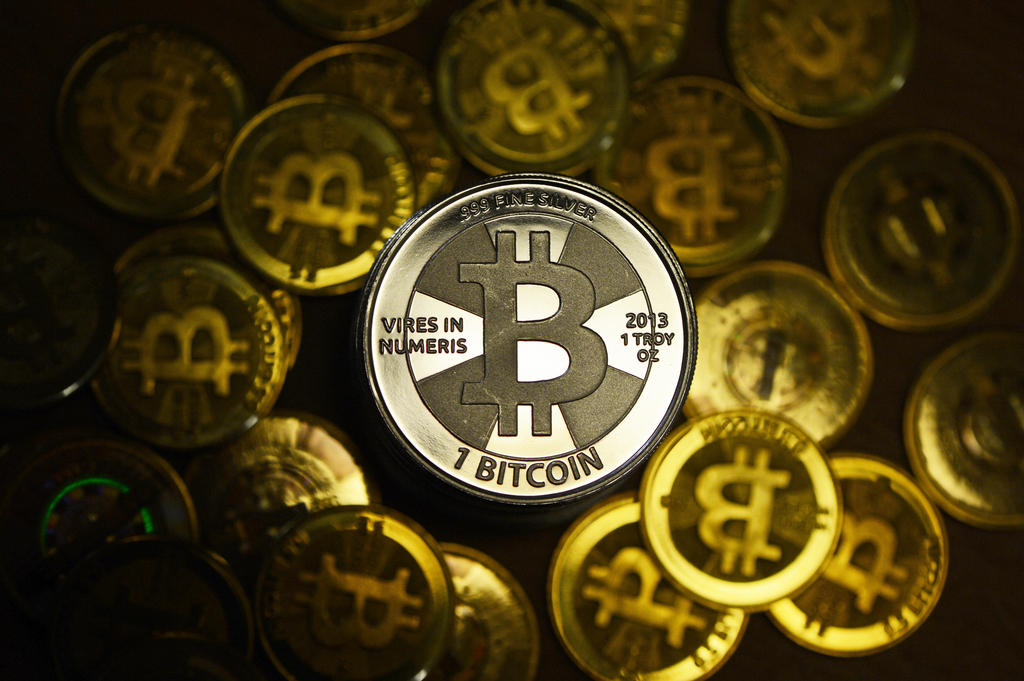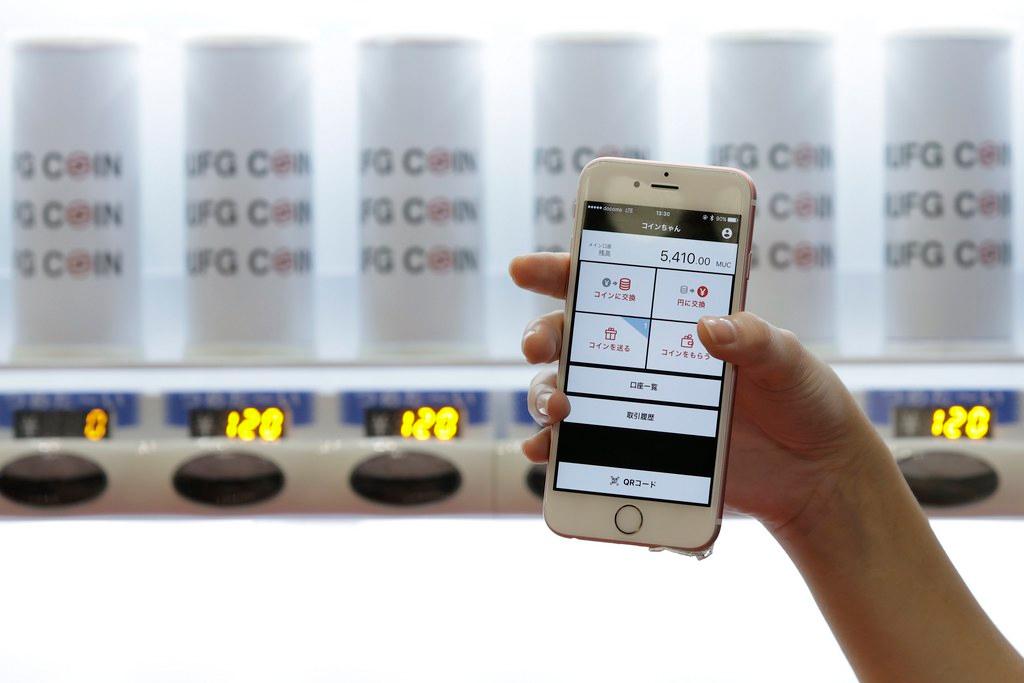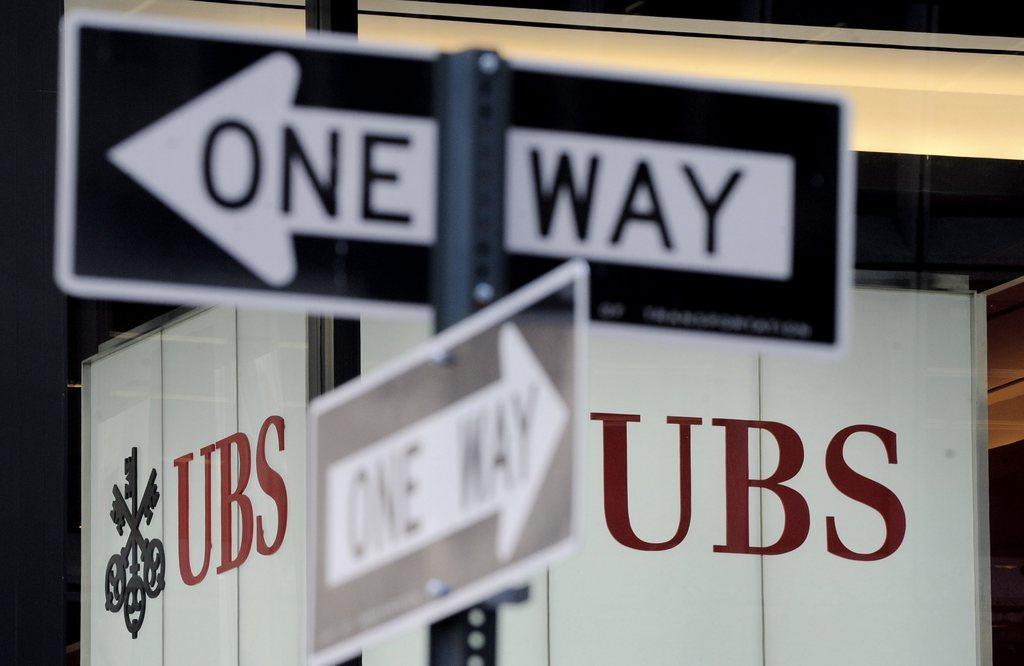Charities and NGOs trial new technology to enhance performance

When working under difficult conditions in underdeveloped or volatile parts of the world, charities and non-governmental organisations (NGOs) face challenges to ensuring that their efforts achieve the best results. Some groups are experimenting with the new digital technology blockchain to maximise their impact.
Blockchain is sometimes referred to as ‘second-generation internet’ that promises to store and transmit encrypted data more efficiently and with greater transparency than the current digital system. It’s still in the experimental phase, with actors ranging from finance and business to governments and NGOs trying to figure out different applications.
The UN World Food ProgrammeExternal link is one such actor: it’s testing out a blockchain system to help hundreds of thousands of Syrian refugees at the Azraq camp in neighbouring Jordan.
The system combines biometric data, credits stored in digital wallets, and direct payments to food retailers. It also sidelines intermediaries, both protecting sensitive data and saving costs.
The Building Blocks project provides mobile retina scanning units to take biometric data from refugees, who are then given digital wallets with credits to buy food. Accredited local retailers also have iris scanners installed to check that the wallet belongs to the person who brings it to their store. The credits are downloaded from the wallet to the retailer, who get reimbursed every month directly from the food programme without the need for banks.
‘Greater traceability and security’
Robert Opp, Director of the Innovation and Change Management Division at the UN World Food Programme, says the blockchain system has already proved its worth. The project started with 10,000 refugees, but is being expanded to cover 500,000. Once full coverage is reached, the savings in bank fees is forecast to be $150,000 (CHF141,000) per month.
This is only possible because Jordan has enough infrastructure to support such a project. It is impossible to predict potential savings in other parts of the world where such stable infrastructure does not exist.
But the total benefits far outweigh the financial savings, according to Opp, who spoke to swissinfo.ch at the World Economic Forum in Davos in January. “A functioning blockchain fits a very discreet purpose for us,” he said. “It gives us greater traceability and security.”
In other words, all the personal data is encrypted and fenced off from prying eyes within the confines of the Building Blocks blockchain. It also allows UN staff to better track the flow of funds to make sure that every dollar is going to where it should be. This cannot be done by handing out cash, or be guaranteed if other intermediaries are brought into the system.
Looking further down the line, Opp believes it could be possible to link Building Blocks with blockchains from other agencies working in the humanitarian field. This could reunite families that have been split up or help people establish themselves in new countries.
“When people have to flee homes they often lose all their documents. Biometric data could be twinned with employment history, qualifications and credit history. This could help people set up again without the need for documents,” Opp said.
Not for everyone
But blockchain is still in its infancy and may not be yet suitable for all agencies, including the International Committee of the Red Cross (ICRC). Blockchain appears to offer great advantages, but discovering a flaw in a conflict or humanitarian disaster zone could have devastating consequences, according to ICRC’s ICT Innovation Manager Vincent Graf.
That’s why the ICRC will not rush into implementing any blockchain applications despite looking into the technology with great interest.
Sustainability applications
Other agencies are also looking into blockchain solutions, including the Swiss-based Porini Foundation, which has set up the Sustainability Chain – an Ethereum blockchain designed to help others achieve the UN’s Sustainable Development GoalsExternal link.
The first user is the Swiss-based International Union for Conservation of Nature (IUCN)External link, which will utilise the blockchain to administer its Green List of global conservation areas. The scheme encourages and supports the creation of new protected conservation sites around the world.
Blockchain offers the same basic benefits: reducing bank fees and providing more transparency about Green List funding and progress towards meeting its goals.
“Many of these protected areas don’t have an abundance of money at their disposal so reducing financial friction and transaction costs diverts more of that money into preserving these ecosystems,” the programme’s development manager James Hardcastle told swissinfo.ch.
“From the point of view of donators, we can better guarantee that their funds go straight to the site they are donating to.”
For Toni Caradonna, Chief Innovation Manager at the Porini Foundation, ‘Blockchain for Good’ offers great potential, but cannot be viewed in isolation as a silver bullet for all the world’s pressing issues.
“Blockchain can give transparency, efficiency gains and independence from banks,” he told swissinfo.ch. “But we still need cooperation from legislators. Blockchain alone cannot solve the problem of people who feel free to pollute thinking that someone else will come along and clear up the mess.”

In compliance with the JTI standards
More: SWI swissinfo.ch certified by the Journalism Trust Initiative













You can find an overview of ongoing debates with our journalists here . Please join us!
If you want to start a conversation about a topic raised in this article or want to report factual errors, email us at english@swissinfo.ch.